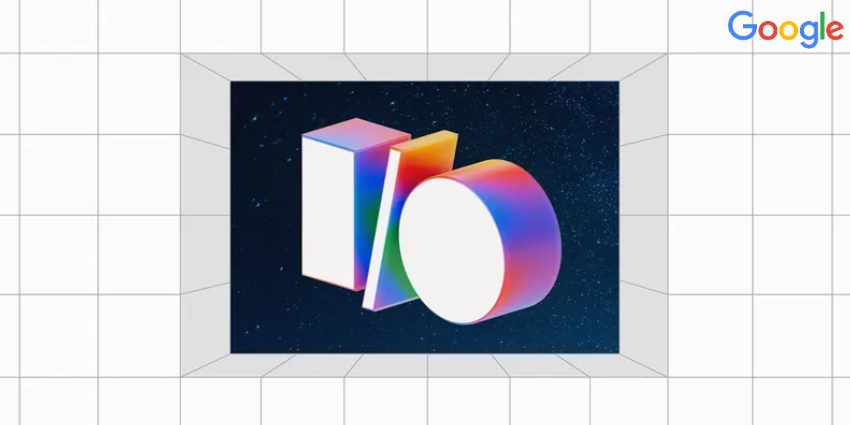Samsung Unpacked is next week, Jan 22. It is a regular technology showcase event for the firm that historically produces headline-stealing news regarding its broad technology portfolio, namely its Galaxy mobile phone ecosystem.
However, next week marks a potentially noteworthy edition of Unpacked. In its official event announcement update, Samsung is keenly advertising its inclusion of advanced AI during the showcase event.
Samsung will debut the mobile Galaxy AI framework during the event. The move is clearly to introduce more advanced AI features to the famed hardware ecosystem, with the event’s promotional video teasing agentic AI/personal assistant technology.
Samsung highlights how its Galaxy S will be the hardware platform behind its mobile AI, which aims to fit into everyday life and productivity.
“Join us as we unveil a new chapter in mobile AI—premium Galaxy innovations that bring seamless convenience into every moment of your life,” noted the Samsung press release. This follows the firm’s presence at CES 2025, where AI took centre stage for Samsung and others.
Samsung: AI at CES
At CES 2025, Samsung introduced its “AI for All” initiative, which aims to scale Galaxy AI solutions at home, in the office, and more; “I’m proud of how we have introduced new technologies and intelligence to the home, connected key devices and set the standard for the home of the future,” noted Samsung Vice Chairman, CEO, and Head of Samsung’s Device eXperience (DX) Division Jong-Hee Han.
Jong-Hee Han also added:
This year at CES, we are reinforcing our commitment to delivering personalized experiences through our widespread implementation of AI and we will continue this journey of AI leadership in the home and beyond, not just for the next decade, but for the next century.
A central piece of Samsung’s AI puzzle is its debut of products ready for the home. Samsung Home AI framework aims to cater to varied lifestyles and match the growing smart home trend by introducing AI products that correspond with everyday life and tasks.
Moreover, on the professional side, Samsung is working on AI products that are ready for healthcare markets and aligning with its Galaxy Ring and Galaxy Watch products, providing smart insights into a user’s well-being.
Other professional sectors underpin Samsung’s emerging technology goals, including AI Stores for retail use cases. Leveraging AI to transform multi-store operations while integrating its first-party Visual eXperience Transformation and Samsung Knox platforms, this move allows retail chains to use AI tools to optimise operations, including real-time inventory management and automated product price updates.
In the office, Samsung is debuting further AI tools that look to boost productivity and efficiency via smart tool integration, using its SmartThings portfolio to support this. The AI Office tools include face recognition solutions for employee identification and automatically adjusted meeting room environments for chosen use cases/clients.
The move comes as Samsung also look to debut Moohan, an XR headset powered by Andriod, which appears to be the next step in its mobile computing journey. Galaxy smartphones come equipped with powerful augmented reality (AR) hardware and software, and most users tend to utilize AR more frequently on their phones than on head-mounted devices.
This presents a significant opportunity for Samsung. Unlike competitors such as Meta, Samsung has a diverse hardware ecosystem supporting a dedicated extended reality (XR) wearable, similar to how the Apple Vision Pro integrates with the latest iPhone and iPad models. Additionally, Samsung is already active in professional sectors, providing technology frameworks for various businesses, which lays a solid foundation for expanding XR hardware.
Moreover, as the AR smart glasses trend grows, AI will become a core technology that brings new usability to emerging technologies. Therefore, Smasung’s AI journey may become even richer as time goes on.








